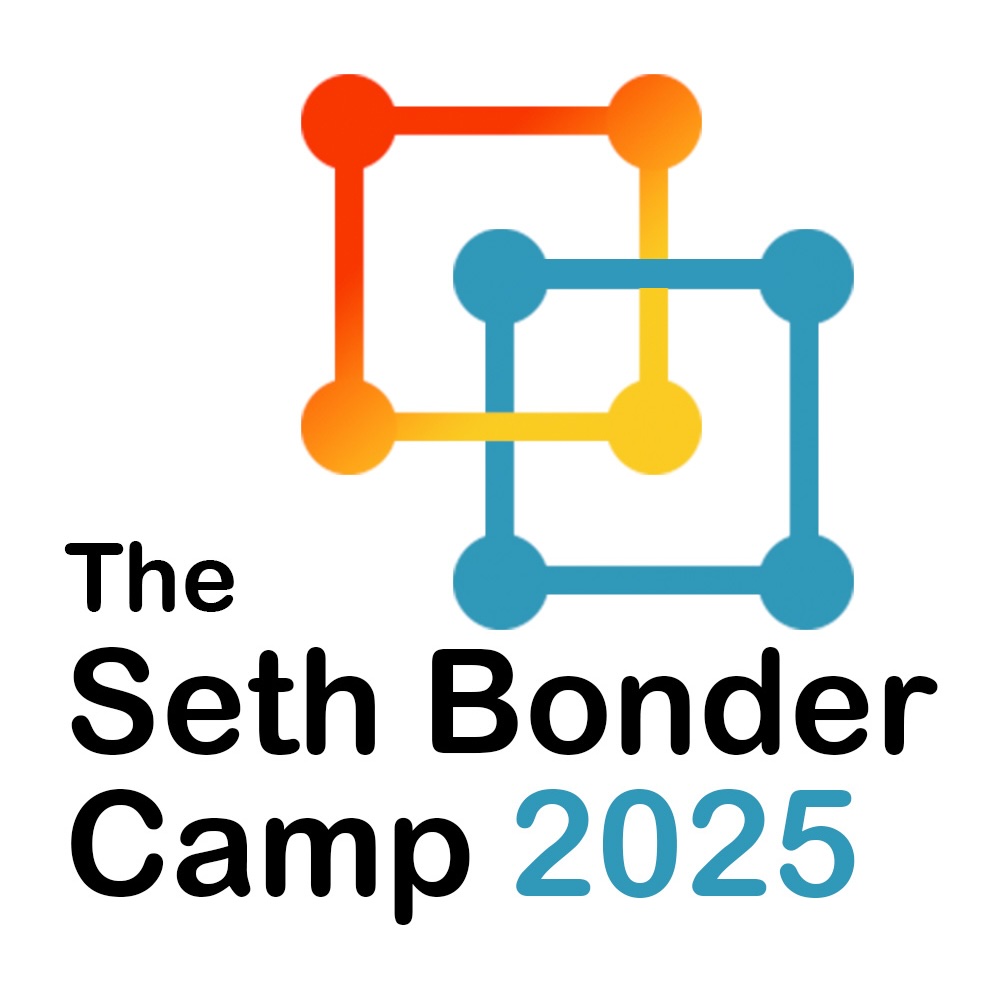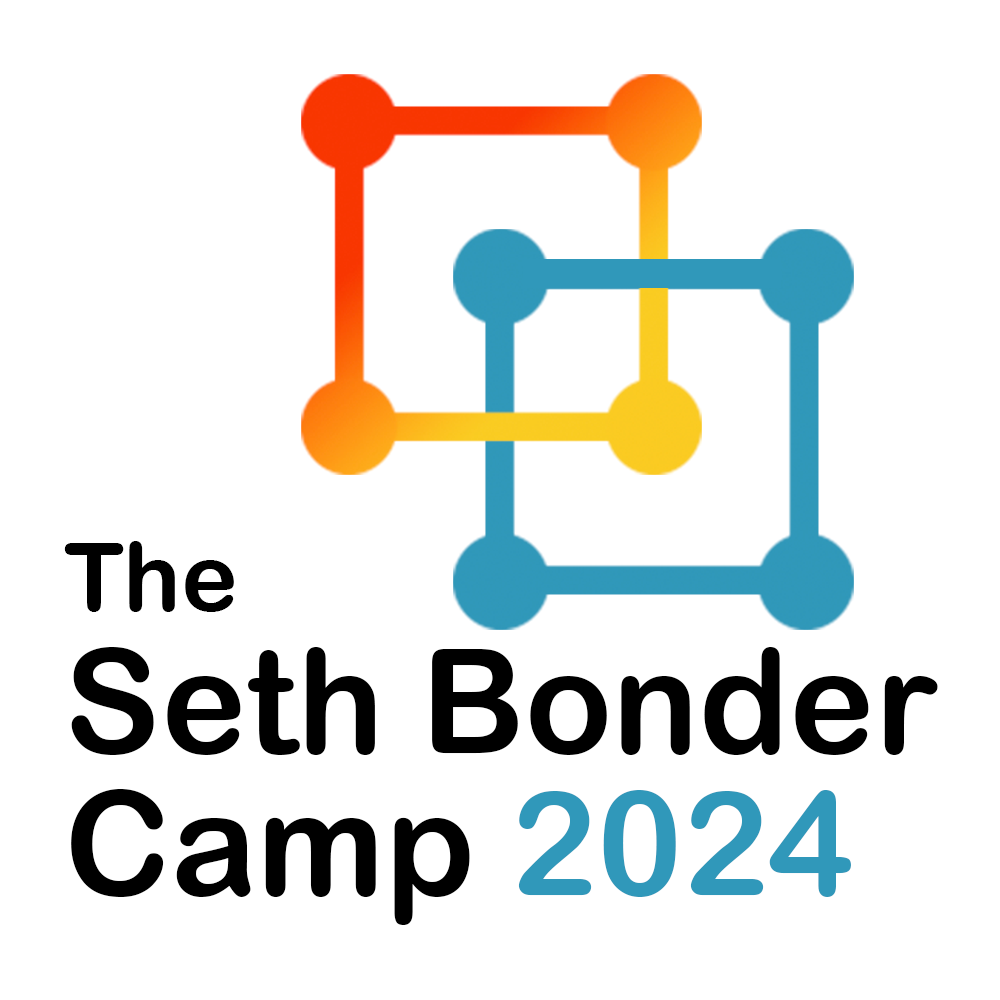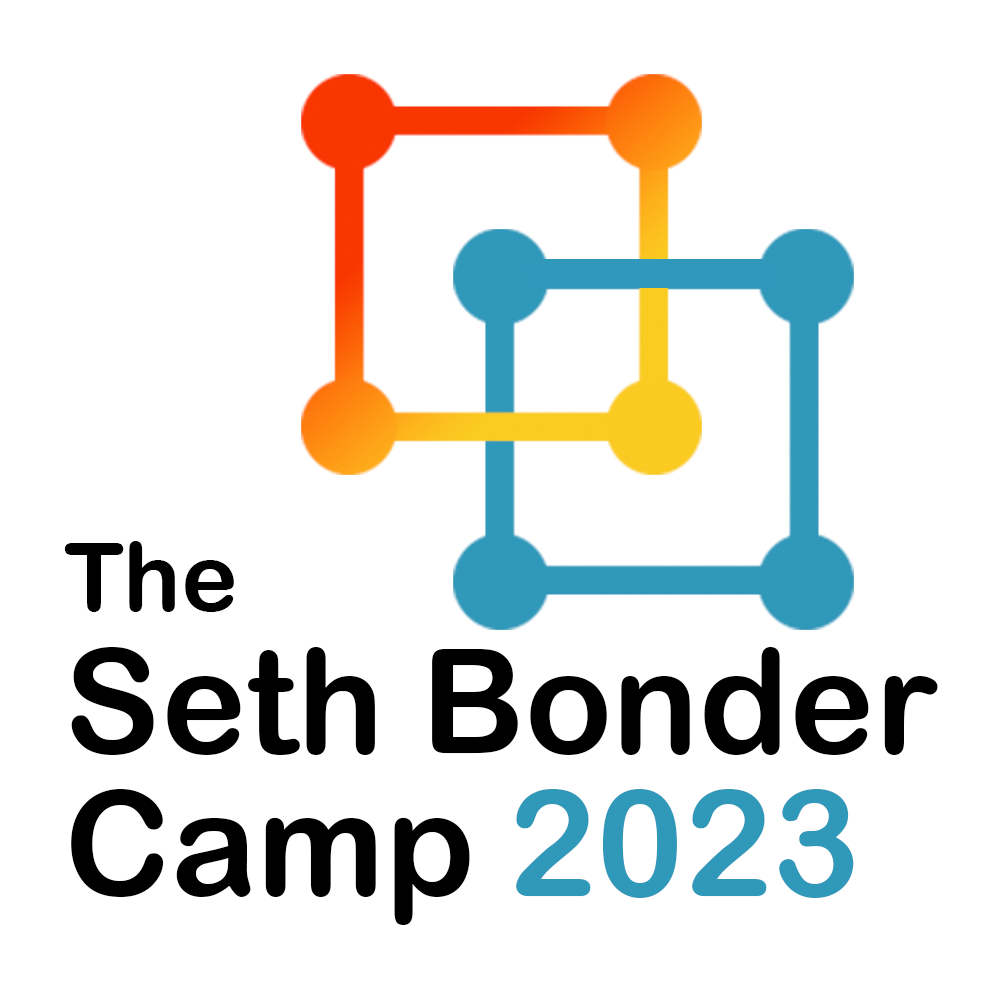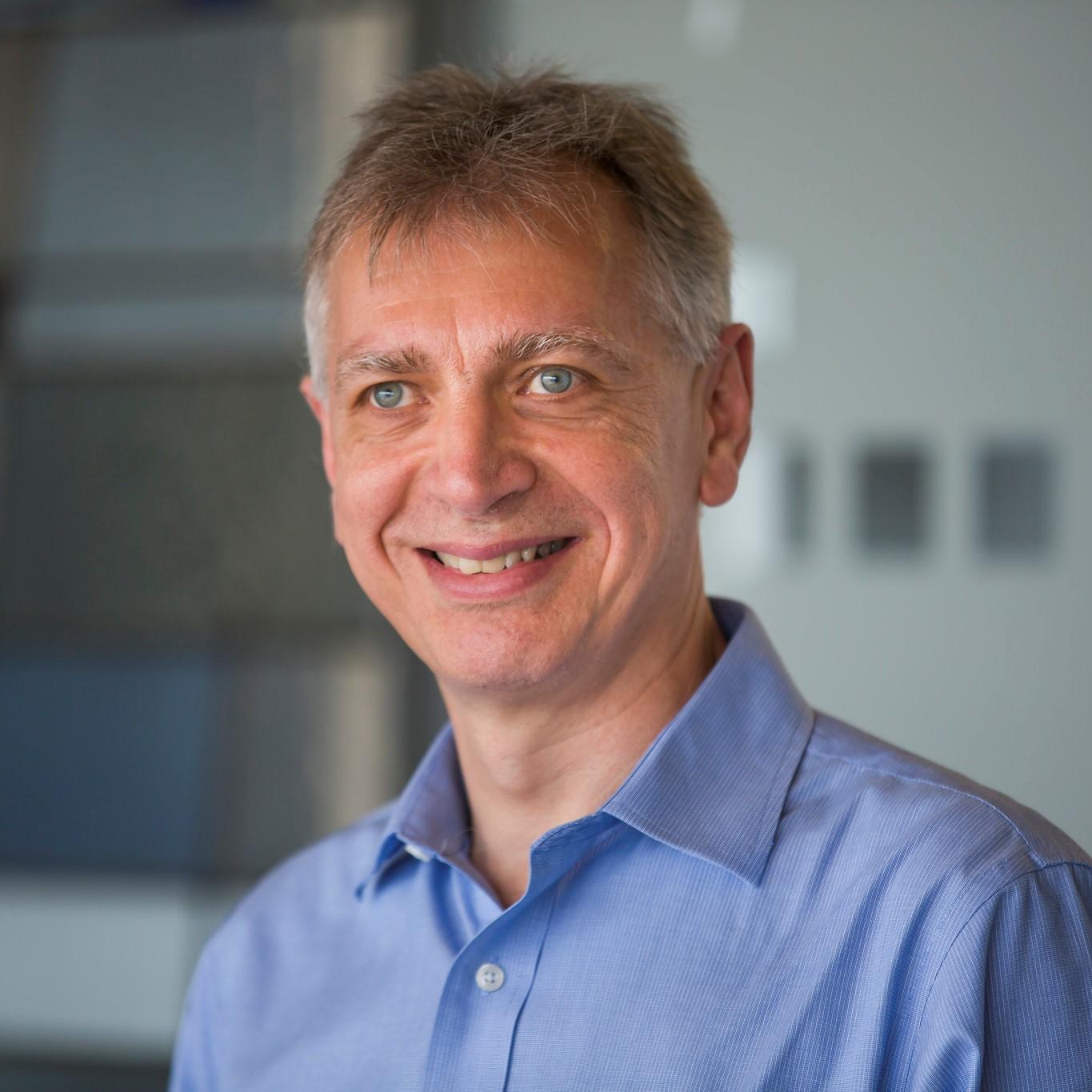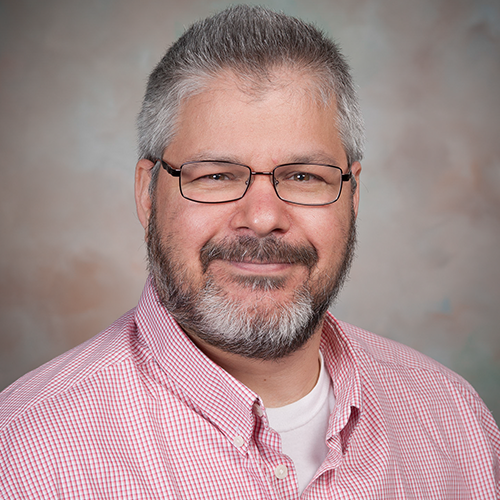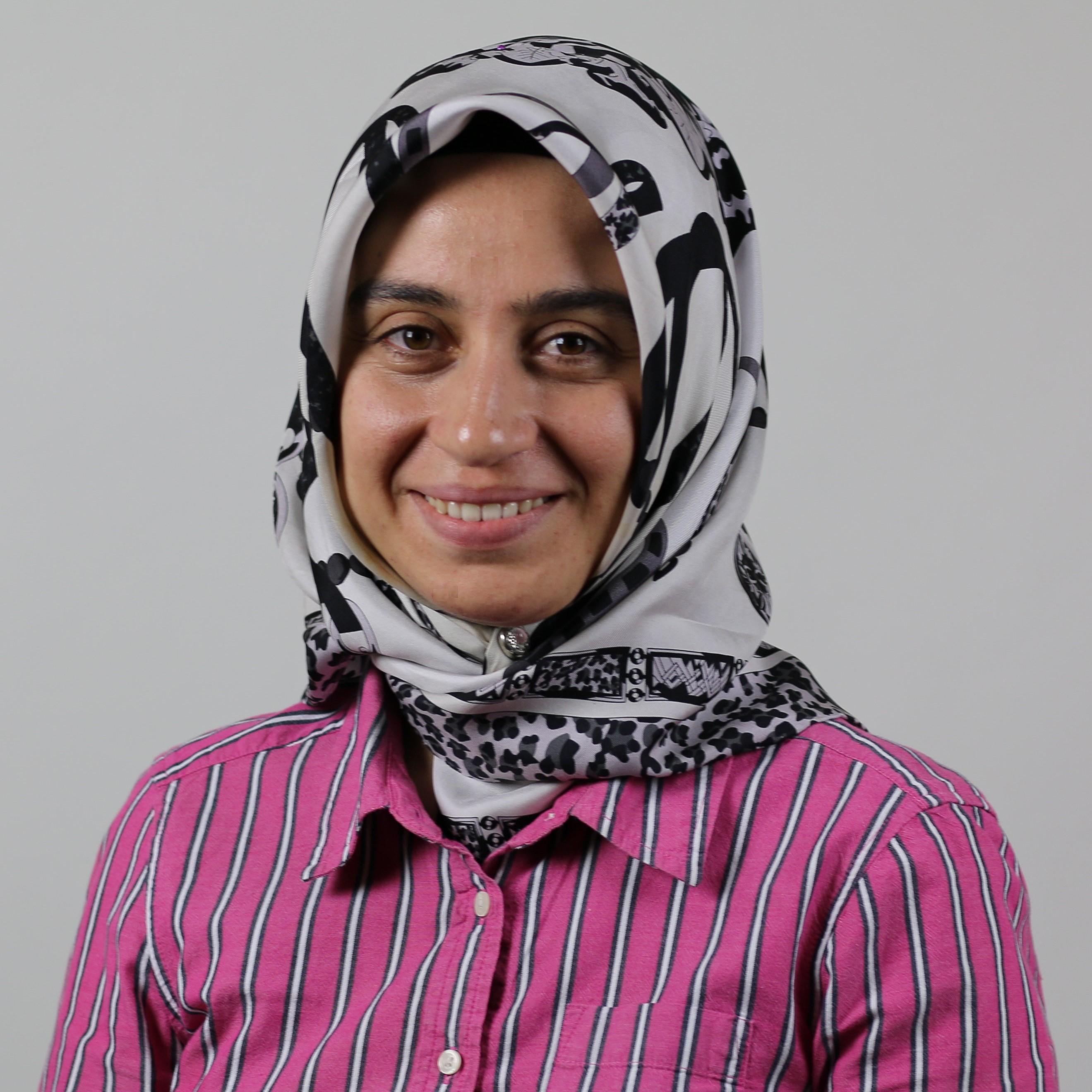
Engineering is designed to give high school students a better understanding of the careers and opportunities available in industrial engineering and operations research. The camp is offered in an online format and an on-campus summer camp at Georgia Tech.
The SBC is tailored for high school students who have little or no prior experience in computer programming or data science, but who are enthusiastic about engineering. The camp's sole requirement is that participants can use a browser and are eager to learn about computational and data science through practical and stimulating applications in machine learning, optimization, human sciences, and genomics. The program organically attracts a range of participants, with a large proportion of minority students and young women.
The Institute builds on existing partnerships (through the SBC in computational and data science) with local high schools in Georgia. It also builds on its collaboration with KidsTeachTech (KTT) to bring the Seth Bonder camp to high schools in California. The Institute team delivered five online camps for about 150 students. Two camps were in collaboration with local Georgia high schools. The camp in collaboration with high schools in California included 82% of underrepresented students (Black, LatinX, Indigenous, Low-Income and/or Women). KTT piloted the Seth Bonder data science camp for the first time and it became one of their most popular summer camps. In a couple of weeks, it naturally attracted more than 60 students, mostly from under-served populations. In this partnership, KTT takes the role of complementing in-person data science camp by their online nature of teaching.

2024 Highlights
- Integrated advanced AI topics, including machine learning, robotics, and decision optimization.
- Collaborated with AI4OPT postdocs and researchers to provide more learning opportunities.
- Increased the camp’s impact by hosting virtual and in-person sessions for students.
- Strengthened mentorship programs, pairing students with AI4OPT graduate and undergraduate mentors.
- Expanded partnerships with additional high schools, reinforcing the camp’s commitment to outreach.
- Introduced the Level 3 camps, the apex of the Seth Bonder Camp.
2022/2023 Highlights
- AI4OPT Camp Launch: In 2022, the camp kicked off with a strong focus on introducing students to foundational concepts.
- Hosted in collaboration with AI4OPT and its partner institutions.
- Engaged nearly 500 students from varying communities.
- Featured a variety of hands-on activities, team projects, and expert-led workshops.
- Added guest speakers from industry partners and Georgia Tech faculty to connect students to careers in AI.
- Highlighted student success through final project showcases and certificates of completion.
Overview
Strategic Impact
More information
The SBC is organized around three education program pillars and the AI4OPT educational initiative’s six fundamental principles:
Pillars
- Partnerships with high schools in Georgia and California to offer dedicated, longitudinal training camps in data and computational sciences, and AI.
- Develop teacher versions of the camps to help high-school STEM teachers prepare the students and offer the material themselves in their schools, either as regular or as flipped classes.
- Deliver Massively Open Online (MOOC) versions of the camps, that can then be deployed in various institutions as flipped classes.
Fundamental Principles
- Get students interested early
- Keep students interested
- Teach the teachers
- Help the teachers create their own programs
- Organize mentorship programs
- Broaden participation
Guidebooks for Organizers & Teachers
The organizers guide offers general planning and organization tips when starting and running a level-1 SBC. When applicable, this guide needs to be complemented with other institution-specific requirements for running high-school camps which is beyond the scope of this document. To access and download organizers guidebook, click here.
The teacher’s guide offers general tips for teaching SBCs to students at an AI4OPT partnering institute. A teacher is anybody who helps instruct and grade the camp, including teaching assistants, faculty, high-school mentors, and postdocs. For general materials on camp organization, please refer to the organizer version of this manual.
Partnerships
The Seth Bonder Camps are in collaboration with Atlanta, Georgia high schools Banneker High School and Drew Charter High School, and Kids Teach Tech (a non-profit organization based in California).
About Seth Bonder Camp
The Seth Bonder Summer Camp in Computational and Data Science (SBC) has been successfully delivered over ten times in the past five years, benefiting hundreds of students. In 2022, a five-year plan was initiated to significantly increase the program's impact by expanding the training from hundreds of students to longitudinal education for thousands or even tens of thousands of high school students through multiple long-term partnerships and flipped classes. Simultaneously, a mentorship program was launched for the longitudinal camps, enabling students who complete the program to mentor subsequent years' participants. Each mentor will receive a stipend and academic benefits from gaining a deeper understanding of the material. The mentorship program is a crucial component of student retention and interest.
In addition to student programs, teacher professional development programs (known as "Teaching the Teachers") were introduced for each summer camp. The goal is to train high school teachers and non-profit organizations to run the camps themselves, either as summer camps or after-school programs, or integrate them into their curricula. The first camp in the Teacher Professional Development program was conducted in June 2022.
To provide a truly longitudinal program, the SBC is offered in three different "Levels." Historically, there was just one camp. In 2022, a new Level 3 camp on Deep Learning was developed and tested with a semester-long class at Drew Charter High School.
Teacher Fellows
The teacher fellowship program is built to expose teachers to the exciting field of artificial intelligence and data science while giving them an academic research experience. The teacher fellows will take the role of being the leaders in their schools whose mission is to increase the awareness of data science to the student population in their school. The fellowship program is a three-week-long program that encompasses one week during the Spring semester for the student recruitment to data science summer camps and establishing the data collection plan, another week during the Summer semester for data science computing training and leading their students through the summer camps. Lastly, the final week will take place during Fall semester. During their final week, teacher fellows are expected to facilitate an activity or organize data science related day in their home schools.
ai4opt's Gratitude
Over the years, the high school initiative has received partial funding from the Seth Bonder Foundation, whose generous contributions we deeply appreciate. Merrill Bonder's vision and leadership, in particular, have been indispensable to the success of this initiative. Furthermore, we extend our gratitude to INFORMS and Pinar Keskinocak for establishing the INFORMS DEI Ambassadors Program, which facilitated the meeting between Charles Pierre and Pascal Van Hentenryck which sparked the education initiative. Last but not least, we would like to express our special thanks to the NSF, whose support of AI4OPT (NSF Grant Award #2112533) is enabling us to realize our goal of promoting equitable access to AI.

